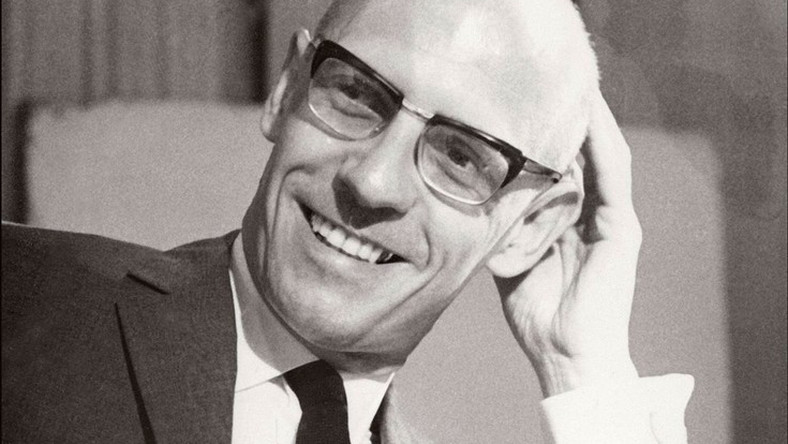
Maintaining discipline is commonly associated with constant supervision of superiors. But what if we create a system in which the supervised are, in principle, forced to control themselves?
In the 18th century, philosopher Jeremy Bentham presented a project of an ideal prison building, a panopticon, in which a guard in the middle of the building, invisible for the prisoners, would have them all in sight. Such a system, he believed, would eliminate the hundreds of supervisors needed in a “traditional” prison.
Nearly 200 years later Michel Foucault drew attention to something else. The panopticon’s inmates don’t know if the guard is looking at them at the moment. But without that certainty, they feel they’re still under surveillance. They’d have it even if there was no guard at all!
Foucault believed that the modern system of power is not based on the use of a visible, often physical dimension of force. Rather, it is done by introducing different rules that people unknowingly follow.
True control takes place not through the dimension of direct punishment, but through the application of norms and classifications that make people seek “correct” ways to behave themselves.
Let’s see: if we analyze the behavior of employees in almost every company, most of their tasks will be performed without any compulsion. Everyone “knows” what to do, it is as obvious to them as breathing. You don’t need a boss pointing to each individual activity. But is it the free action of the employee? According to Foucault, no – subconsciously performing something “normal”, we actually succumb to the power of the one who established the scope of this “normal”.
Foucault compared such a system of power to the circulatory system. The fact that almost every behavior is governed by a system of more or less implicit rules makes the power that rolls through “capillary vessels” affect every aspect of our lives.
Naturally, such power is not a power with one particular center. Foucault believed that it is dispersed. Many of the activities we do on a daily basis are not regulated by law. However, corporate rules, school standards, media coverage, and even the observation of colleagues make us subconsciously submit to the omnipresent influence of power.
This is because, according to the Frenchman, the modern way of exercising power is inseparable from the economy. Power does not serve the purpose of suppressing and rugging certain phenomena, it aims at taking subtle control over them and shaping them so that they become the most functional in the conditions of capitalism.
Foucault, like any man, would certainly distinguish between the form of work in the Roman latifundary and that of a modern corporation. But in his opinion “our” form is no better. Any kind of care for the worker, facilitation of work, and even welfare systems and other state undertakings are in fact only a form of power over the individual, broken down into millions of centres, which is to be formed as the system wants it to be.
 Follow
Follow
















